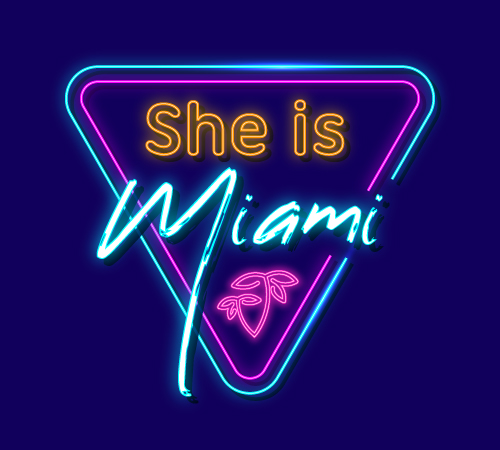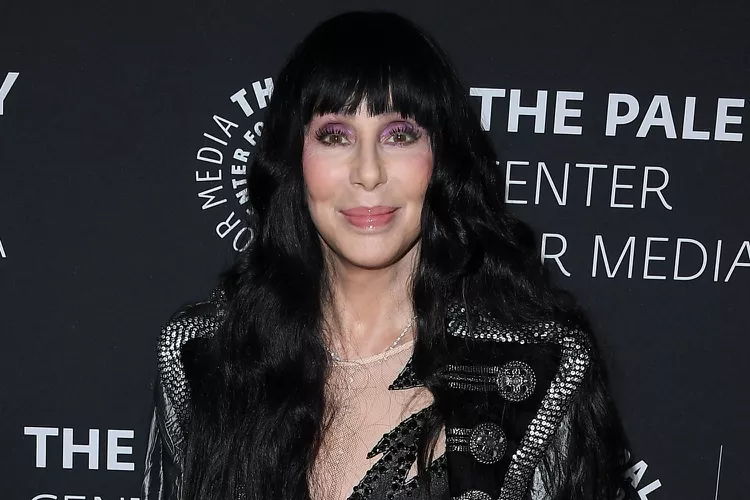"I guess my whole life can be summed up in balancing artistic integrity with demand," he adds. "I suppose it's a common artist's dilemma."
Luckily, any extensional dread should be curbed once Boman returns to Miami, taking over the decks at Floyd on July 22. The venue is a perfect fit for him, usually allowing DJs to get weird and not have the crowd wince at a slower BPM — and Boman sure does like it slow
"I feel like I'm in good form. I feel inspired. The label has been doing well, and I have a lot of music to play," Boman says. "Maybe I'm a bit more confident compared to the pandemic and becoming a father. My perspective has changed."
As a youngster, Boman started spinning at 13. Soon after, in the 1990s, he found himself hopping between venues around Stockholm, like Docklands, where his "dedication for rave and techno was born" as he encountered speedy techno overtures from Adam Beyer, Cari Lekebusch, and Marco Carola.
However, as a producer, Boman didn't adopt the breakneck techno he encountered as a teenager. Instead, whether it was digging for records with his brother or the winds cutting against the Scandes, Boman's love was reserved for the melting vibrations of dub.
In their book Last Night a DJ Saved My Life: The History of the Disc Jockey, authors Bill Brewster and Frank Broughton describe dub as "the bare bones of a track with the bass turned up." The sound is a lineal descendent of reggae where the "technique involves isolating the rhythm track, the 'drum 'n' bass,' and emphasizing it beyond all nature, adding layers of disorienting echo and a barrage of other sound-processing effects," according to Brewster and Broughton. The slow drip and heady percussion eventually caught the ears of electronic producers.
"I think I was always drawn to the dubby side of things. I grew up listening to reggae and liked all the space between the sounds. The best thing I know is the delay," Boman chuckles. "As soon as I learned to make music and managed to have a sampler and a drum machine, the first thing I thought was, But how do I get the delay?"
A recent example is his collaboration with Spanish producer John Talabot, "Madhouse Dud." The 14-minute track is an echo chamber of depressed horns blaring a call to arms while bongos are drummed lethargically. Only more than halfway through the track, a smattering of happy synths begin to ring out.
Boman's love for dub is reflected in his productions, numerous remixes, and his label, Studio Barnhus. The label began 13 years ago when Boman, Kornel Kovacs, and Petter Nordqvist rented a Stockholm studio that was once an orphanage.
"We're still alive," Boman says. "It started with wanting a studio space. Petter had released the techno anthem of the 2000s, Kornel was dubbed 'the prince of techno' in Stockholm, and I had just released some stuff on Pampa Records. We were on fire, hungry, and had access to so much music. I was super broke and in art school when it started, but the label grew, and now we're in the place where we are going for it more."
The label currently boasts more than 80 left-field pop and dance releases from artists like Bella Boo, Sofia Kourtesis, and Baba Stiltz. For Boman, Studio Barnhus is no longer a "stepping stone" for producers but a dream label for electronic and electronic-adjacent artists.
"I don't think there is really a big indie-electronic label outside of the UK and some in France and Germany. I want to be a label that can handle a bigger crossover of artists. It's still fun. We don't take up money in the label — and maybe that's the secret. If no one is making money from it, then there is no need to fight about it."
Upcoming Studio Barnhus releases include an album from Bella Boo and a collaborative project with British/Nigerian spoken-word poet Joshua Idehen.
"The demo was so powerful," Boman says. "I have a lot of remixes that should have been done a long time ago, but I have been so absorbed with this live set I'm doing at Pitchfork Music Festival the day before the Floyd show in Chicago."
Boman is a restless creator who realizes that equilibrium or "final" products are never obtainable. He has insomnia and gets impatient, but he's comfortable with what he puts out and still embodies that curious teenager at raves in Stockholm.
"I have symphonies in my chest that I want to put out and shouldn't feel distracted," Boman says. "But I think becoming a father gives you the perspective of having four hours in the studio and getting to a point where you think with your gut instead of your head. I'm trying not to be so self-aware."












